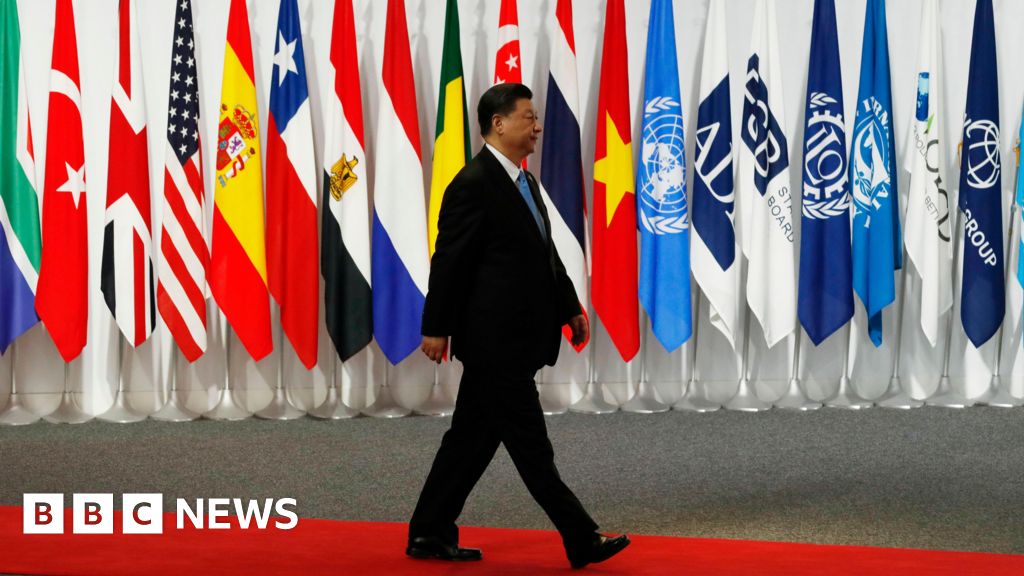North Korean leader Kim Jong Un attending a military parade in the centre of Beijing, alongside Russian president Vladimir Putin and China's leader Xi Jinping, is quite the photo-op.
It's also a key diplomatic win for Xi.
The Chinese leader has been trying hard to project Beijing's power on the international stage - not just as the world's second-largest economy, but also as a diplomatic heavyweight.
He has emphasised China's role as a stable trading partner while Trump's tariffs upended economic relationships.
Now, while a deal with Putin to end the war in Ukraine continues to elude the US President, Xi is getting ready to host him in Beijing.
Kim's attendance, a surprise announcement, is no less significant. Trump mentioned that he wanted to meet Kim Jong Un again after his last diplomatic efforts ended without breakthroughs despite two high-profile summits that captivated the world.
Meanwhile, the Chinese leader is signalling that he may hold the geopolitical cards in this game, and that his influence – though limited – on both Kim and Putin may prove crucial in any deal.
The parade on 3 September will display China's military might to mark 80 years since Japan surrendered in World War Two. However, it's also timed to coincide with Trump's potential visit to the region, where discussions could occur regarding tariffs, TikTok's ownership, and the Ukraine war.
Xi's simultaneous meetings with both Kim and Putin could place him in a position of unique leverage, allowing for a more substantial role in moderating conversations involving the US – a significant advantage in the evolving global landscape.
Ultimately, this event underscores the shifting dynamics of international politics, with Xi aiming to elevate China's status further while managing the delicate relationships with two of the world's most isolated nations at the forefront of global controversies.




















